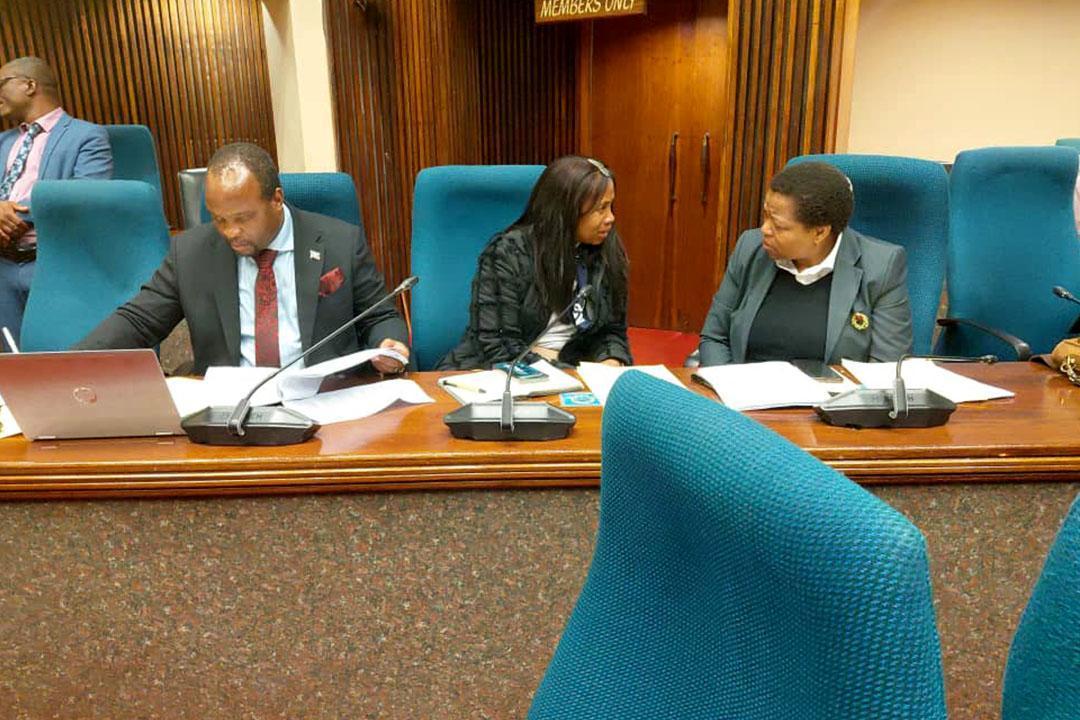Africa-Press – Eswatini. Eswatini’s domestic tax revenue is set for a significant boost next financial year, with Government aiming to collect E18 billion in the 2026/27 fiscal period.
This ambitious target was revealed by Minister of Finance Neal Rijkenberg during the Mid-Term Budget Debate in the House of Assembly on Monday, 17 November 2025.
Rijkenberg was responding to concerns raised by MPs as they debated the country’s budget performance and fiscal outlook. Among the issues highlighted was the nation’s ability to meet its growing revenue targets without placing excessive pressure on taxpayers.
Mbabane East MP Welcome Dlamini drew attention to the E7.7 billion already collected by the end of September 2025, noting that the figure demonstrated strong tax compliance among Emaswati. While commending taxpayers for their commitment, Dlamini questioned whether the pursuit of higher revenue might be overburdening individuals and businesses. He further queried whether the combination of company tax and pay-as-you-earn (PAYE) constitutes a form of double taxation.
In his response, the Finance Minister dismissed the notion of double taxation in this context, explaining that companies and individuals are treated as separate taxable entities under the law. “A company must pay its tax as a persona, and likewise, a person must pay his own taxes based on his income,” he said. Rijkenberg advised that anyone seeking to avoid paying both corporate tax and PAYE should simply refrain from registering a company.
Addressing broader concerns around tax collection, the minister pointed out that Government was well on track to meet this year’s target of E16 billion — a target set without increasing individual tax rates. He highlighted that by this time last year, the country had collected E7 billion, compared to the current E7.7 billion. The aim, he said, was to collect E2 billion more this year than last, with steady progress already evident.
Rijkenberg also praised the Eswatini Revenue Service (ERS) for its strategic decision to reduce corporate tax from 27.5% to 25%. Far from diminishing revenue, the reduction has widened the tax base by an impressive 23%, as more companies were encouraged to operate formally, grow, and hire more staff. This, he added, demonstrated how lower rates can stimulate economic activity while expanding overall revenue.
“The system is getting tighter and we are using softer methods to bring more people into the tax base,” he said. “We are closing loopholes, the tax base continues to grow, and we expect to collect another E2 billion next year — again, without increasing taxes to individuals.”
As Eswatini continues to strengthen its tax administration and broaden its revenue base, Government remains optimistic that the E18 billion target for 2026/27 is attainable. The coming months are expected to focus on improved compliance, enhanced efficiency at ERS, and continued reforms aimed at supporting both economic growth and fiscal sustainability.
For More News And Analysis About Eswatini Follow Africa-Press







